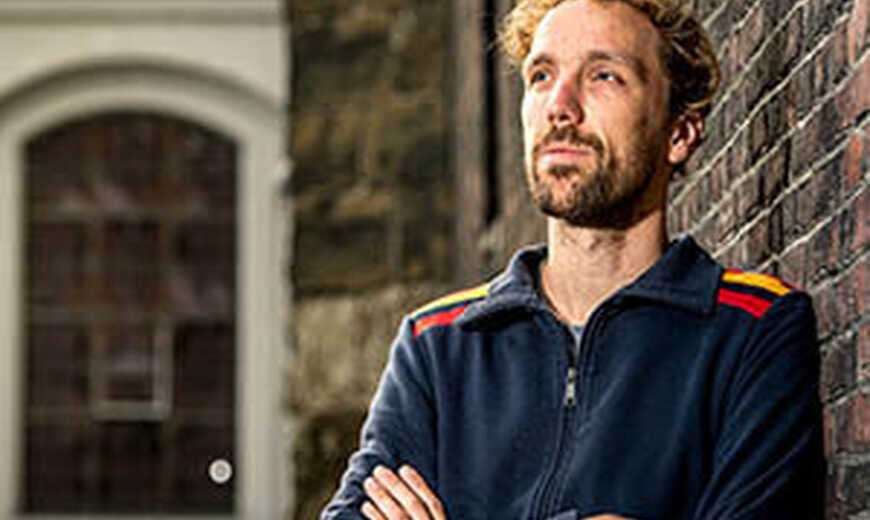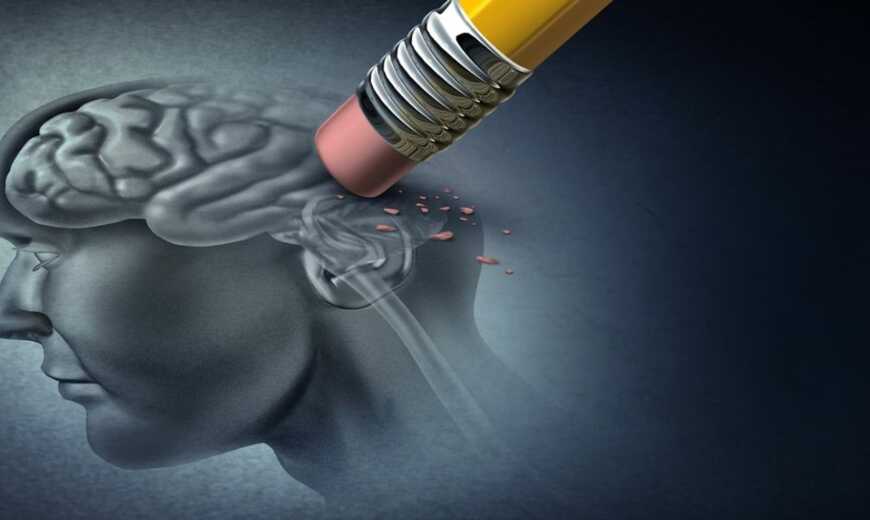[ITW]: Hi Axelle, thank you for agreeing to this interview! You work at the ULB as an assistant professor. Can you briefly explain what your research is about?
[AC] I am mainly interested in auditory cognitive neuroscience, in a developmental perspective (see my group website). In everyday life, most human communication takes place in noise. Understanding speech in noise relies on a combination of sensory perception and cognitive processing. Even for normally hearing adults, this is pretty hard. In schools, children face a double jeopardy: classrooms are often noisier than they should, and children have more difficulties perceiving speech in noise than adults. My research focuses on the development of sensory perception and cognitive processing contributing to speech perception in noise.
[ITW]: You recently received an ERC starter grant. Can you give us a sneak preview of what you will be working on in this project?
[AC] The main hypothesis of this proposal is that adolescence might present a second sensitive period for the development of some auditory processing abilities. In addition to the protracted development of speech intelligibility in noise, my work has shown that a congenital hearing loss leads to changes in the auditory pathway that only reveal themselves at adolescence. In this ERC starting grant, we will investigate the possibility that puberty onset might trigger a cascade of chemical and functional changes that support the maturation of complex auditory processing. We will combine methods from neuroendocrinology, neuroimaging and psychoacoustics to address this question.
[ITW] What was the motivation behind this project and your research in general? What drives you as a researcher?
[AC] My field is at the crossroad of many different domains: psychophysics, neuroscience, education, and even some public health aspects. At a personal level, I am driven by the need to expend my horizons to address multidisciplinary questions. I am also very keen on enabling others, more junior colleagues do the same. The societal impact of psychological science is also a very strong driver for my research. Being an academic put us in a position of privilege to contribute to many levels of the society.
[ITW] Obtaining an ERC grant can change an academic’s career. How do you expect that it will impact your work?
[AC] I see two ways in which it will impact my career: it is a rare opportunity to deploy a concerted effort on a given research topic, and to reduce the uncertainty about funding for a little while. I expect it to allow me to work faster and to address more complex issues. The other impact I guess is visibility – we are doing an interview, right ? : ) I hope this will be beneficial in attracting young talents, in launching/strengthening collaborations worldwide, and in contributing more and more to the public debate.
[ITW] Do you have any advice for other researchers who want to apply for an ERC grant?
[AC] Find yourself a support team to ride this rollercoaster with you. And chocolate, lots of chocolate : ) Seriously, this is a tough, long and difficult effort. I would not have managed it by myself. I was lucky that my institution provided me with logistical support to navigate the EU proposal requirements. Over the months, they gradually turned into my coaches, business planners, project managers, and I could not thank them enough for their help. In addition to the logistics, writing this proposal means that you are trying to advance an entire field – so you will likely need to reach out to many collaborators, in your ‘usual’ field and beyond. Weirdly, this is what I found hardest but also most rewarding while writing the proposal: discussing with experts from other fields who thought the proposal was interesting really kept me going when I got tired. Oh, and I can also recommend going for walks with Buster (my dog): fresh air gives perspective.
[ITW] One of the goals of BAPS is that we want to support young academics. Do you have any advice in general for people starting their academic career?
[AC] You need to start prioritizing right now. As a postdoc, we were encouraged to say yes to (almost) everything. As a young PI, the opportunities are endless – unlike the number of hours in a week. Having clear objectives (and learning the art of the “polite no”) is a life-saving skill.
Meet the lab series: Interview with Prof A. Calcus
Written by Tim VantilborghSimilar articles
All articles
Meet the lab: Interview with Tool2Care
This interview was part of our March 2022 newsletter.
Read more
Meet the lab: Interview with Dr Stijn Van Petegem (ULB)
This interview is part of the meet the lab series and was published in our October 2021 newsletter.
Read more
Meet the lab series: Interview with Prof I. Simoes Loureiro
Explore the multidisciplinary future of Alzheimer’s research with Prof. Loureiro in this interview: Combining cognitive psychology, neuropsychology, and engineering, her approach promises innovative memory care strategies and collaborative advancements in the field.
Read more